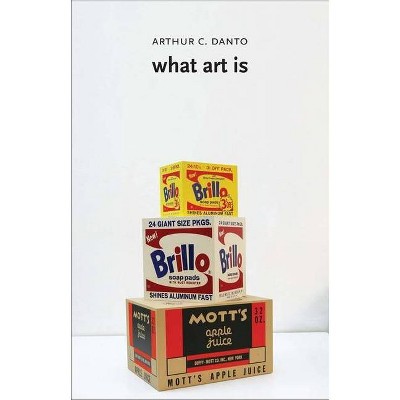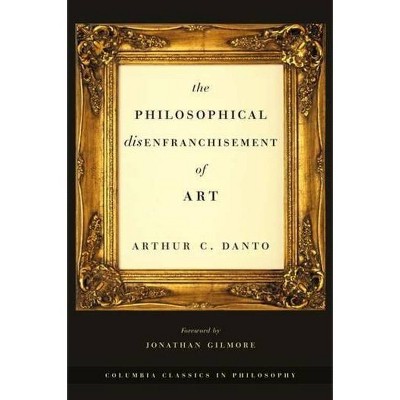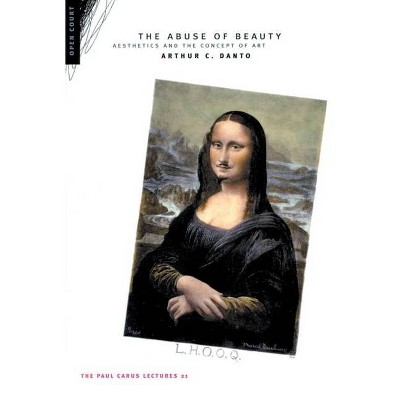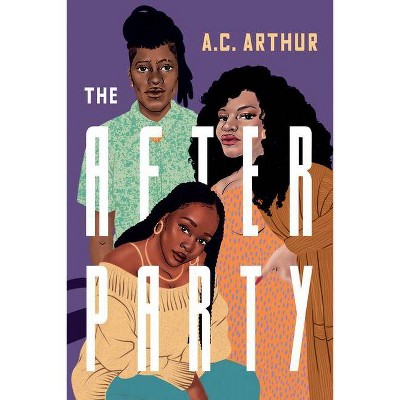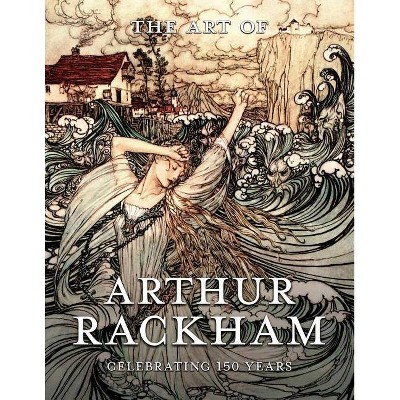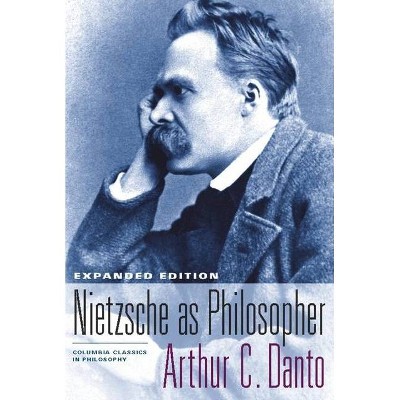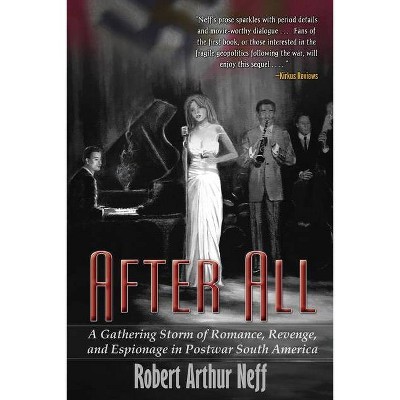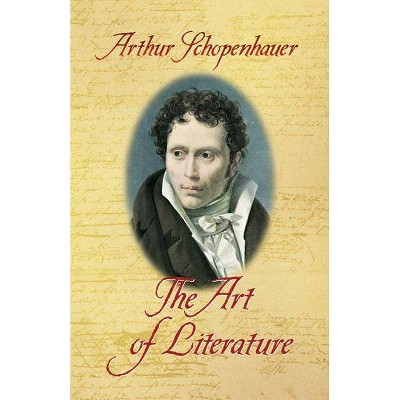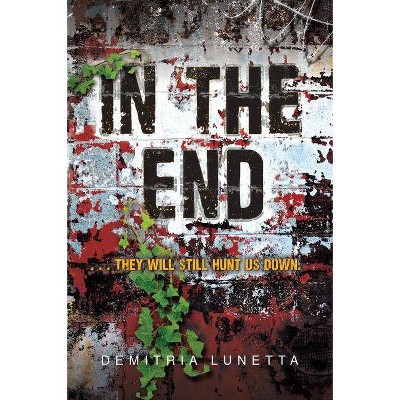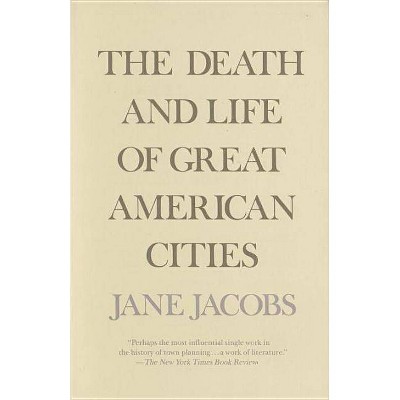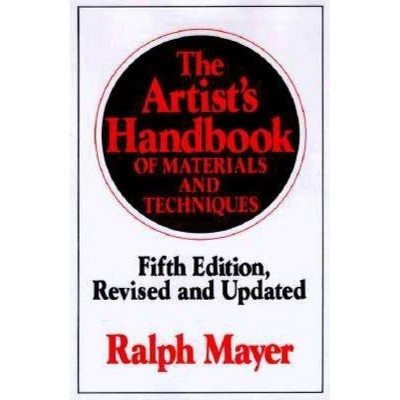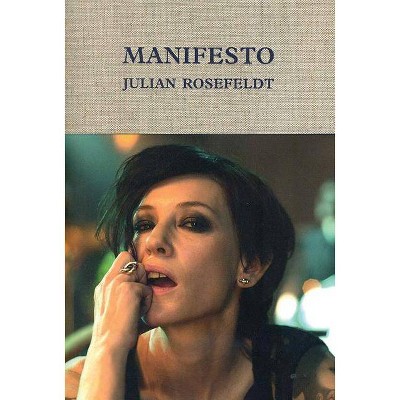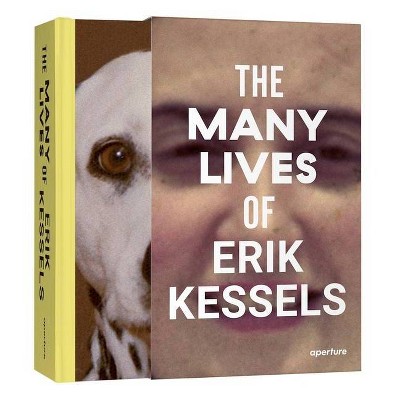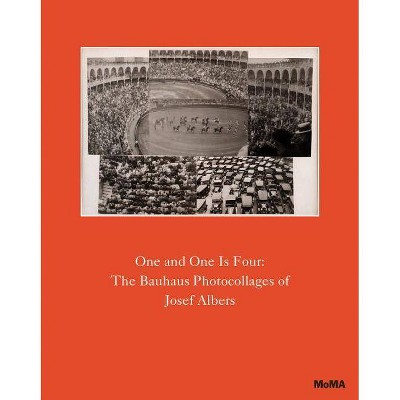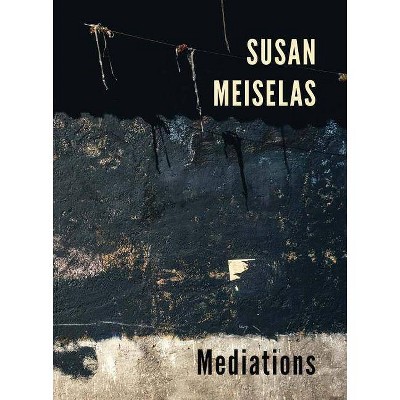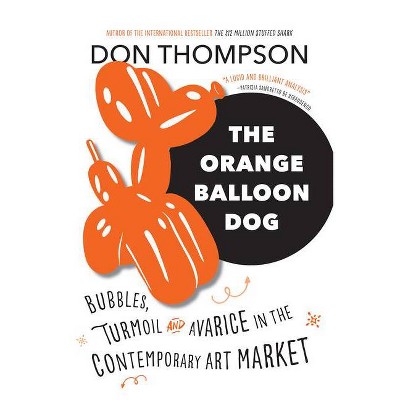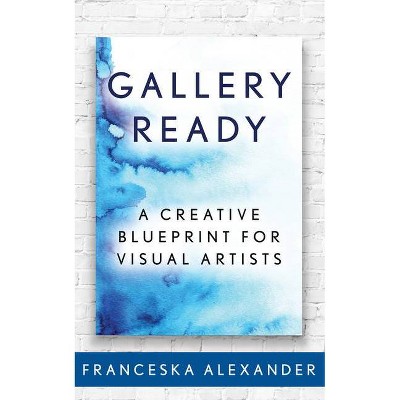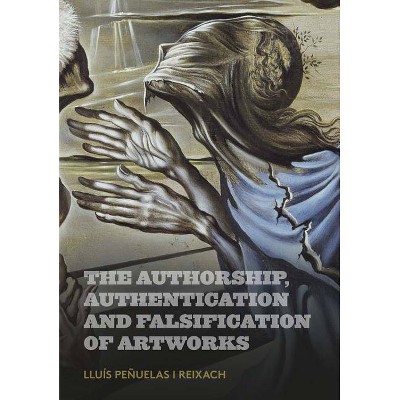After the End of Art - by Arthur C Danto (Paperback)
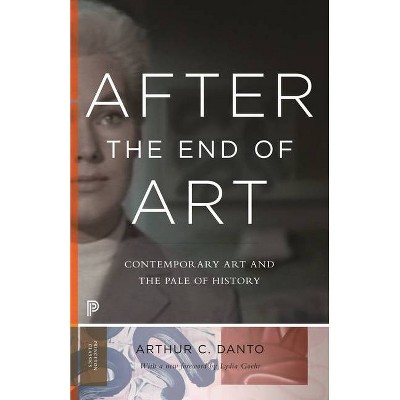
Similar Products
Products of same category from the store
AllProduct info
<p/><br></br><p><b> About the Book </b></p></br></br>"Originally delivered as the prestigious A.W. Mellon Lectures in the Fine Arts in 1995, After the End of Art remains a classic of art criticism and philosophy, and continues to generate heated debate for contending that art ended in the 1960s. Arthur Danto, one of the best-known art critics of his time, presents radical insights into art's irrevocable deviation from its previous course and the decline of traditional aesthetics. He demonstrates the necessity for a new type of criticism in the face of contemporary art's wide-open possibilities"--Page 4 of cover.<p/><br></br><p><b> Book Synopsis </b></p></br></br><p>Over a decade ago, Arthur Danto announced that art ended in the sixties. Ever since this declaration, he has been at the forefront of a radical critique of the nature of art in our time. <i>After the End of Art</i> presents Danto's first full-scale reformulation of his original insight, showing how, with the eclipse of abstract expressionism, art has deviated irrevocably from the narrative course that Vasari helped define for it in the Renaissance. Moreover, he leads the way to a new type of criticism that can help us understand art in a posthistorical age where, for example, an artist can produce a work in the style of Rembrandt to create a visual pun, and where traditional theories cannot explain the difference between Andy Warhol's Brillo Box and the product found in the grocery store. Here we are engaged in a series of insightful and entertaining conversations on the most relevant aesthetic and philosophical issues of art, conducted by an especially acute observer of the art scene today. <p/> Originally delivered as the prestigious Mellon Lectures on the Fine Arts, these writings cover art history, pop art, people's art, the future role of museums, and the critical contributions of Clement Greenberg--who helped make sense of modernism for viewers over two generations ago through an aesthetics-based criticism. Tracing art history from a mimetic tradition (the idea that art was a progressively more adequate representation of reality) through the modern era of manifestos (when art was defined by the artist's philosophy), Danto shows that it wasn't until the invention of Pop art that the historical understanding of the means and ends of art was nullified. Even modernist art, which tried to break with the past by questioning the ways of producing art, hinged on a narrative. <p/> Traditional notions of aesthetics can no longer apply to contemporary art, argues Danto. Instead he focuses on a philosophy of art criticism that can deal with perhaps the most perplexing feature of contemporary art: that everything is possible.</p><p/><br></br><p><b> Review Quotes </b></p></br></br><br>Danto was and remains the high priest of pluralism, and arch-critic of the view that art has a distinctive essence. . . . The chapters in this book are a challenging read, but a good one, because they take us to the heart of a living and profoundly interesting contemporary debate.<b>---A.C. Grayling, <i>Financial Times</i></b><br><br>If you are seriously attentive to contemporary art, you are already aware of Danto and his general positions, and owe it to yourself to read this book. If you are not, but are genuinely curious, you would do well to follow him. . . . Throughout it is clear and direct; at best, it is brilliantly crystalline. . . . I know of no more useful single book on art today.<b>---Michael Pakenham, <i>Baltimore Sun</i></b><br><br>In this, Dr. Danto's best book yet, he helps us make sense of the times we are living in.<b>---Richard Dorment, <i>The Art Newspaper</i></b><br><br>Is Danto gloomy about the end of art? Not in the slightest. . . . Danto is nothing if not cheered by the prospect of an art world in which everything is permitted.<b>---Roger Copeland, <i>Wilson Quarterly</i></b><br><br>Winner of the 1998 Eugene M. Kayden National University Press Book Prize, University of Colorado at Boulder<br><br>. . . the need for critical works such as this one--learned, discerning and refreshingly open-minded--is perhaps greater than ever.-- "Publishers Weekly"<br><br>Danto makes a lively and stimulating case [about the end of art]. . . . The source . . . of all ths mental labor is Andy Warhol, or more precisely his Brillo box sculpture. . . . The utter banality of the piece sent 600 years of art history crashing to the ground in ruins.-- "Boston Book Review"<br><br>Required reading for anyone seriously interested in late-modern and contemporary art.-- "Library Journal"<br><p/><br></br><p><b> About the Author </b></p></br></br><b>Arthur C. Danto</b>, Johnsonian Professor Emeritus of Philosophy at Columbia University, is Art Critic for <i>The Nation</i>. His books include <i>The Transfiguration of the Commonplace</i>, <i>Embodied Meanings</i>, <i>Beyond the Brillo Box</i>, and <i>Encounter and Reflections</i>, winner of the National Book Critics Circle Prize in Criticism.
Price History
Cheapest price in the interval: 15.79 on October 22, 2021
Most expensive price in the interval: 15.79 on December 20, 2021
Price Archive shows prices from various stores, lets you see history and find the cheapest. There is no actual sale on the website. For all support, inquiry and suggestion messages communication@pricearchive.us
